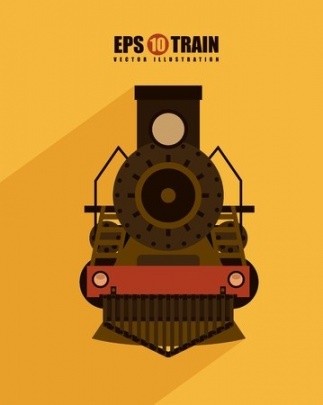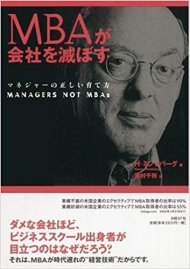We tend to think that an MBA education focuses on knowledge and skills—but what’s really important are the attitude and proactivity that serve as their foundation. In that regard, Sazo Idemitsu, founder of the Idemitsu Kosan petroleum company, boasted many qualities of a leader that are worthy of further study.
After studying economics at Kobe University, he became his own boss at all of 25 years of age. Swearing independence from his investors, he founded Idemitsu Kosan in Moji, Fukuoka Prefecture. Idemitsu’s firm began handling machine oil as a special agent of Nippon Oil. The film Fueled: The Man They Called Pirate features Idemitsu as a hero who rises to the challenges of a diverse array of pre-war and postwar environments while treating his employees like family. The movie is a fantastic depiction of the legendary Japanese style of business management that inspires affection and loyalty among employees toward their companies; it should make any son or daughter of Japan proud to be Japanese.
In the 1930s, when Japanese businesses were expanding their activities into the Asian continent through the Manchuria Railway, Idemitsu developed and sold a freeze-resistant lubricating oil for trains operating in below-freezing conditions. In Japan’s postwar chaos, Idemitsu came up with an incredible idea…but you’’ll have to see the movie to find out what it was. Suffice it to say,, that at the height of the Great Depression that defined the 1930s, Japan managed to stand on its own two feet through the overseas expansion of its railroad industry.
To a certain young man who had just returned to Japan after studying in Canada, the parallels between the transcontinental railways he saw in Canada and the Japanese railway industry at the time were perhaps quite apparent. This man believed that training talent capable of succeeding in the Japanese railway industry could contribute to Japan’s economic growth—and so, in 1935, he founded the Nagoya Railway Academy as a training school. After World War II, when Japan had lost everything and lay in pieces, the man swore to support the nation’s reconstruction efforts through education in commerce and trade—through business—and his school was reborn as Nagoya University of Commerce and Business.

 Brochure
Brochure
 Info Session
Info Session
 Application
Application
 Alumni Voices
Alumni Voices






